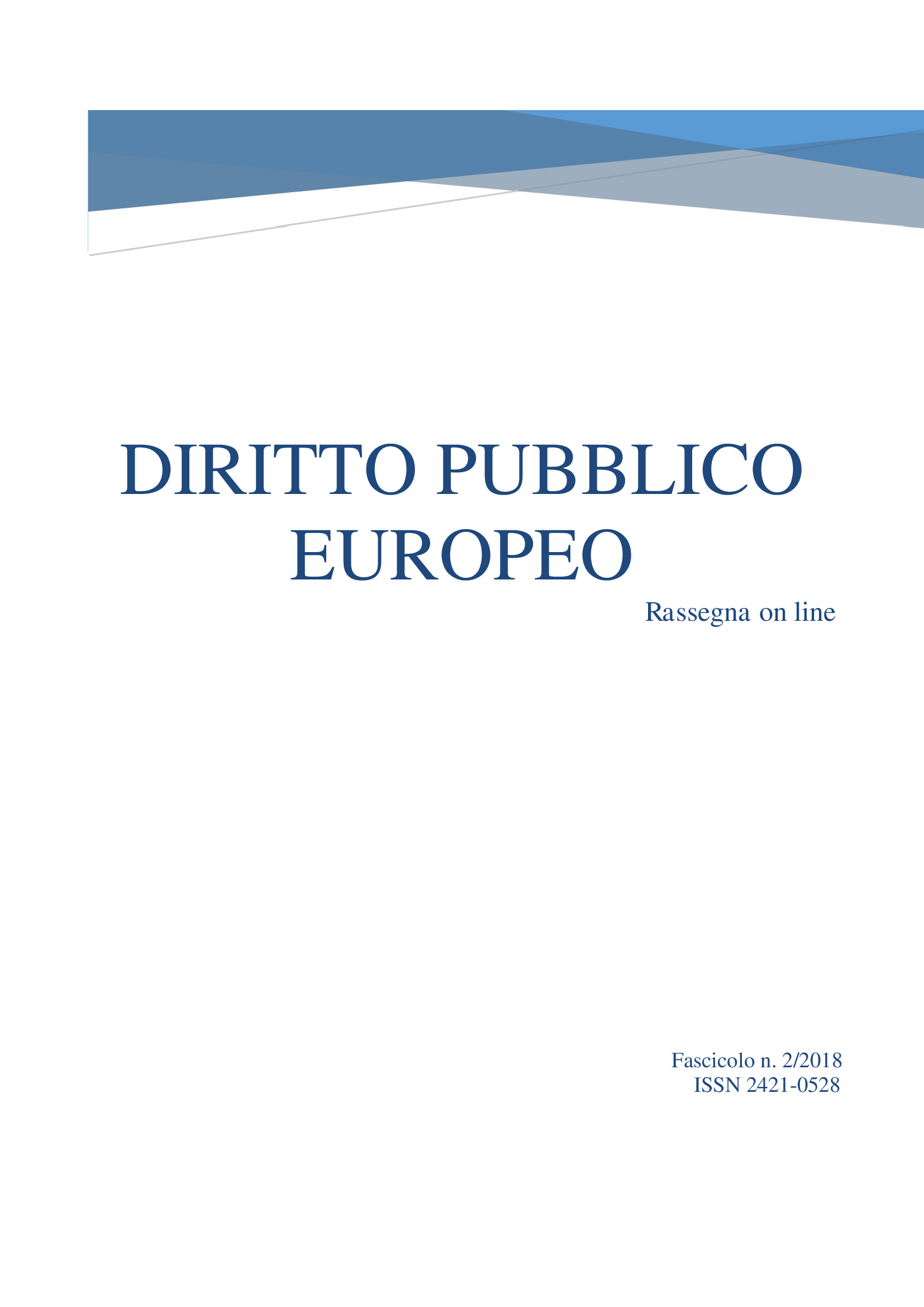Crisi della regolazione neo-liberista ed esplosione dei debiti sovrani: il caso dell'Unione europea
DOI:
https://doi.org/10.6092/2421-0528/6412Keywords:
debito sovrano, finanziarizzazione, governance globale, leverage bancario, bailout, fiscal compact, austerità espansiva, crisi globaleAbstract
In contrast to the opinion prevailing in Eurozone leading institutions, attributing the recent sovereign debt crisis in some member countries to the fact of "”having lived above their means" , in this contribution we suggest an alternative interpretation of public debt dynamics occurred in the last decade. Relying on some empirical evidence, we argue that the rising debt/GDP ratio in EU member States is instead the joint effect of three different phenomena: (a) the propensity of banks and financial institutions to assume excessively risky portfolio structures (a characteristic feature of the neoliberal model of macroeconomic regulation), which obliged the public sector to periodically bail-out banks and other financial institutions from bankrupt; (b) the peculiarity of the Eurozone’s model of macroeconomic regulation, where there is no automatic mechanism for adjusting trade imbalances, and where compensative capital flows are likely to feed speculative bubbles in deficit countries;(c) the EU strategy to tackle the crisis, characterized by a further strengthening of the already tight fiscal discipline envisaged by the Maastricht Treaty. In summary, our investigation suggests that the explosion of sovereign debt in the EU reveals the crisis of the neo-liberal philosophy of macroeconomic regulation embodied in the Maastricht Treaty, based on a massive transfer of allocative functions from governments to market forces. However, these twenty years of Eurozone’s life seem to testify that the adjustment of trade imbalances in a single currency area is difficult to achieve by simply relying on the working of deregulated markets, without the support of countercyclical fiscal policies.


